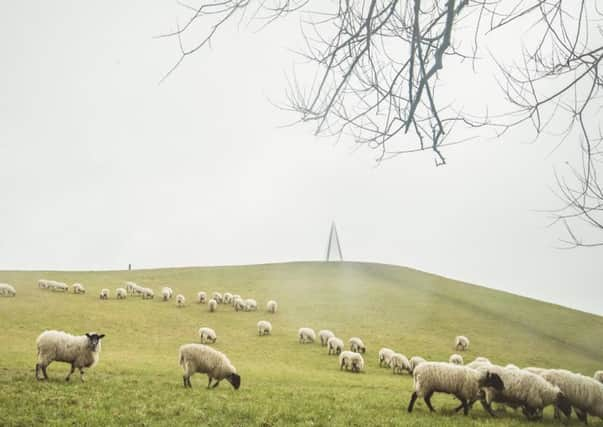Three sheep killed in dog attack just hours after being moved to Campbell Park in Milton Keynes


The flock of 75 sheep live in the park every spring and were placed there on Wednesday afternoon.
Less than 16 hours later, an early morning check discovered the three dead bodies.
Advertisement
Hide AdAdvertisement
Hide AdFurther inspections showed two more sheep had been attacked by a dog but survived.
Police are now investigating.
Meanwhile the rest of the flock is “very skittish” after the trauma, said Parks Trust operations director Rob Riekie.
He had put out a public plea earlier this week for park users to take care when travelling through the grazed areas and for dog walker to keep their pets under control. Warning signs were also placed all around the area.
Mr Riekie believes a “small to medium-sized dog” was responsible.
Advertisement
Hide AdAdvertisement
Hide AdHe said: “We were devastated to discover the dead sheep so soon after the flock returned to Campbell Park.
“While we know that the majority of dog owners who use our parks are responsible and understand the importance of keeping their pets on the lead around sheep, there are some who do not take this as seriously as they should.”
Under the Dogs (Protection of Livestock) Act 1953 it is an offence to allow a dog to worry sheep and this includes both attacking and chasing them.
Mr Riekie said: Dog owners need to be aware of the damage their pets can cause, and appreciate that dogs can legally be seized and/or destroyed if they are endangering or worrying sheep.”
Advertisement
Hide AdAdvertisement
Hide AdThe Parks Trust had even installed cattle grids and kissing gates and also published details on social media in a bid to protect the sheep from dogs.
“We truly hope this will be a one-off incident. We urge anyone who has any information on these attacks to come forward and contact ourselves or Thames Valley Police,” said Mr Riekie.
Anybody with information should call Thames Valley police on 101 quoting URN 290 16/02/17.